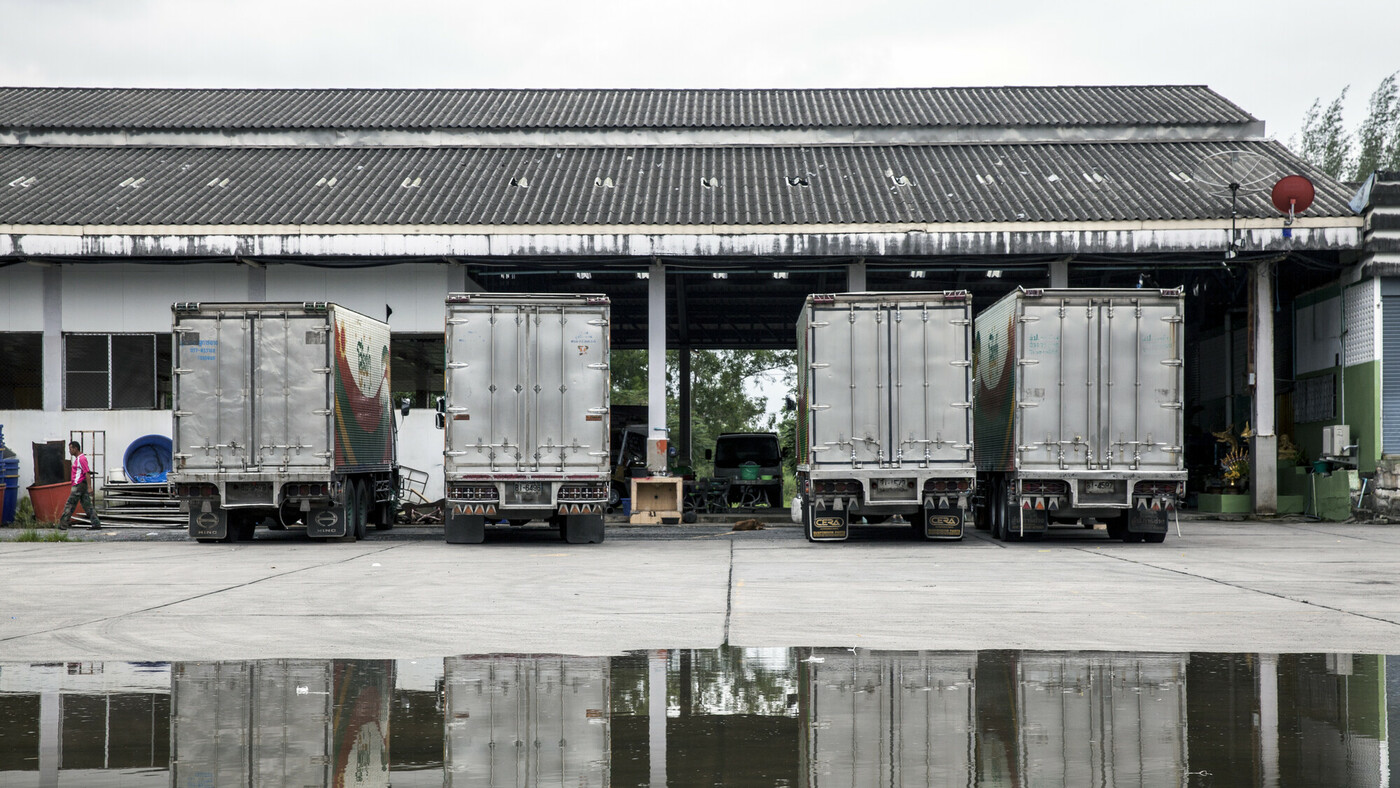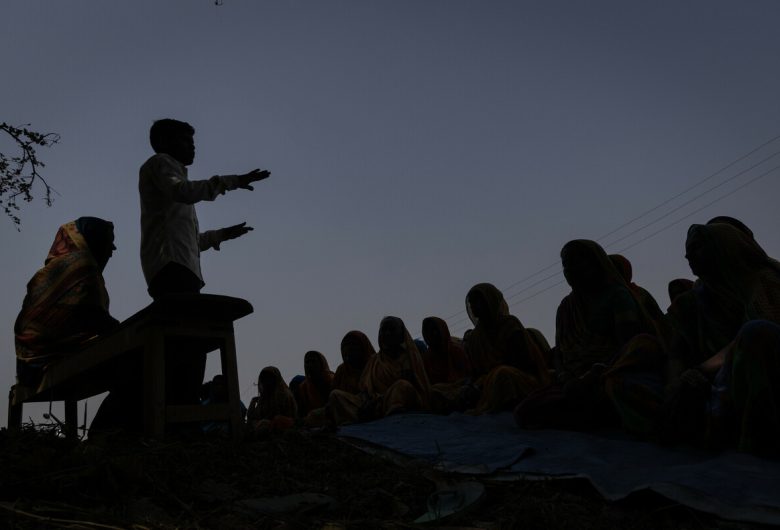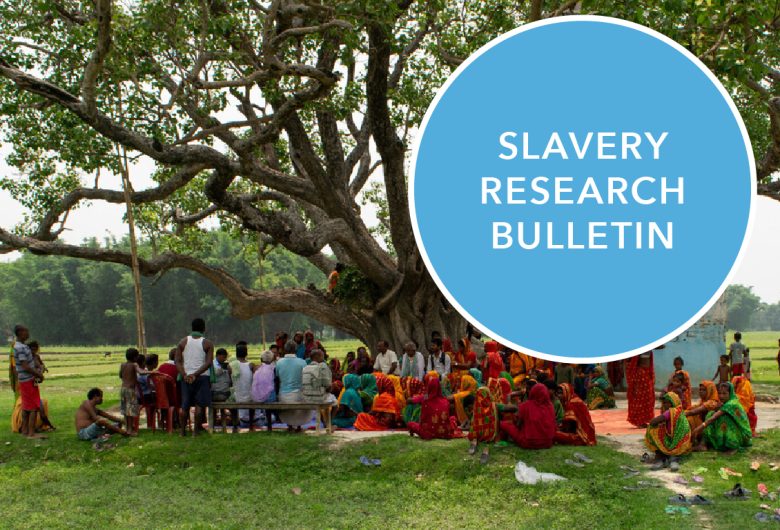Welcome to the Freedom Fund’s monthly bulletin designed to bring you new and compelling research from the global anti-slavery movement.
Evidence on the lives of child domestic workers in Nepal
Free the Slaves sheds light on the reality of child domestic workers (CDWs) in urban Nepal. Drawing on interviews and focus group discussions with 45 CDWs, employers and experts, the findings reveal that parents and extended family members often play a key role in placing children into domestic work. Factors such as lack of education opportunities, alcoholism within the family, domestic violence, loss of parents, and biased gender norms are major drivers. Although there has been significant improvement in CDWs accessing schooling, the majority receive no payment, lack access to healthcare and report loneliness from being prohibited from meeting friends and family.
Major depressive disorder among child marriage survivors in Bangladesh
A study led by the International Centre for Diarrhoeal Disease Research, Bangladesh estimates the prevalence of major depressive disorder (MDD) among currently married female adolescents (CMFA) aged 15 to 19 in Bangladesh. The study surveyed 2,470 CMFAs, of whom: 63% wished to marry later than the age at which they did, 12% reported experiencing intimate partner violence, 15% were pregnant at the time of the survey, and nearly half (43%) had already given birth. The study estimates that the prevalence of MDD among CMFAs was 15%, with significantly higher rates among girls who experienced intimate partner violence (odd ratio = 1.93) and those who were pregnant (odd ratio = 1.77). Notably, the study found that the prevalence of MDD was lower among CMFAs who felt connected with their husbands and mothers-in-law.
Ugandan domestic workers in Saudi Arabia bear work-family role stressors
Saarland University studies how working conditions impacts the health and well-being of Ugandan female migrant domestic workers (MDWs) in Saudi Arabia. The study surveyed 172 MDWs, most aged between 24 and 31, with 89% having lived with their families before departure. The findings show that family demand for remittances, lack of autonomy at work and limited social support were most strongly associated with emotional stress and physical symptoms such as pain or dizziness. Many MDWs also reported experiences of sexual harassment and precarious working conditions, which intensified negative health outcomes.
The global scale of trafficking in persons for organ removal
The University of the West of England and Cardiff Metropolitan University highlight the global scale of human trafficking for organ removal. A review of global data estimates that 10% of all transplants involve illegally acquired organs, generating US$840M to $1.7 billion of profit annually. Kidneys, the most traded organ, see broker markups of 500% to 1,900%. Despite repeated UN conventions to tackle this issue, most notably the Protocol to Prevent, Suppress and Punish Trafficking in Persons, fewer than two-thirds of member states have ratified it and enforcement remains weak, mostly reliant on disclosure by organ donors who are often deceived or coerced into hiding the crime.
A power source of global unions in transnational coalition-building
The University of Sydney and the University of Western Australia jointly explore how unions use coalition building, including with non-union actors, to amplify workers’ struggles and advance labour rights. Based on 34 interviews and three campaigns – focused on the seafood industry, a global ecommerce giant and a UN labour convention – the study shows that framing issues as social justice, targeting specific points in supply chains, leveraging institutional frameworks, coordinating protests, and fostering cross-sectoral solidarity provided a foundation for the expansion of the campaigns.
Read on
Swinburne University of Technology and the Victorian Institute of Forensic Mental Health in Australia jointly review the profile and offending patterns of females who perpetrate online child sexual exploitation.
University of Oxford discusses the investigative techniques employed by anti-trafficking experts to identify and investigate fraudulent jobs.
The Sexual Violence Research Initiative invites community organisations, NGOs, government agencies and UN agencies in Southeast Asia to participate in a survey on strengthening prevention of gender-based violence.
Freedom Fund news
The Freedom Fund is hiring a Research & Impact Data Officer to help manage the digital backbone of our data systems. Applications are open until 29 September 2025.
Visit our Newsroom for more updates.
Research library
Visit our Slavery Research Library to access anti-slavery resources from across the globe.
Contact
Our team would love to hear from you. Email us at [email protected].
The Slavery Research Bulletin is produced monthly by the Freedom Fund, a global fund with the sole aim of helping end modern slavery.
Research being featured in this bulletin does not equal endorsement by the Freedom Fund.
Join the Slavery Research Bulletin mailing list.
Photo credit: Josh Stride/Humanity United



